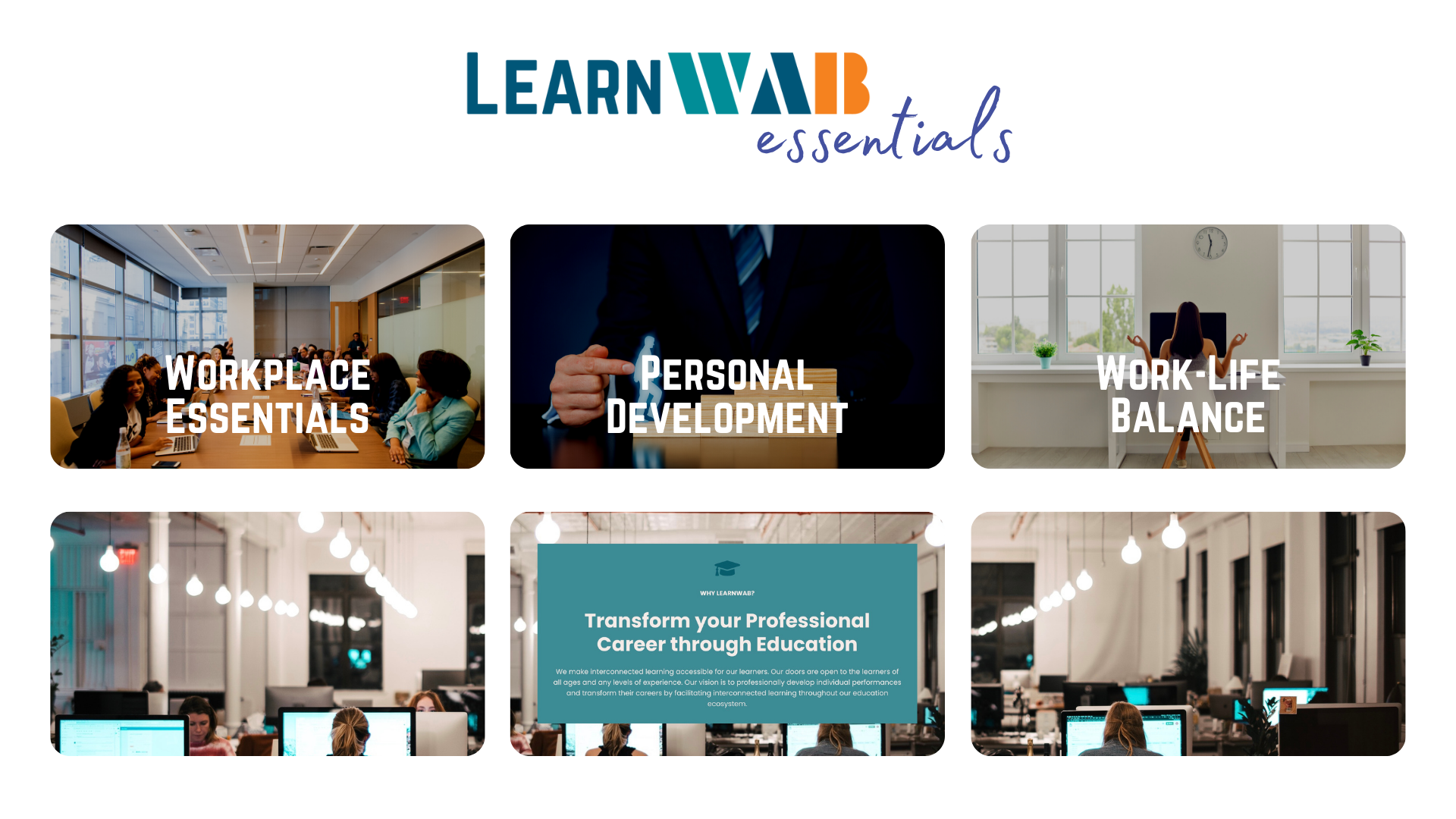The Covid-19 pandemic has created a range of challenges for public health, life, and education. It’s created a need to limit physical proximity, which has affected our daily lives in a number of ways. We had to:
- Limit how we interact with each other, whether at work or at school.
- Adjust our routines to adapt to new ways of working and learning, and
- Rethink how we validate and conduct remote or online learning.
What does this mean for the future of learning?
While some people think that the unplanned and rapid move to online learning – with insufficient training and little preparation – will result in a poor user experience that is not conducive to sustained growth, others believe that a new hybrid model of learning will emerge as the default choice of delivery methodology, with significant benefits.
The concept of blended learning or a hybrid model of learning has been around for quite some time, but it’s been getting more attention recently, due to the unprecedented global crisis brought about by the pandemic. If someone had suggested before the pandemic that all learning would be done online and learners and teachers would not be going to classrooms at all, it would have seemed like a far-fetched idea.
Covid-19 has made us rethink about learning and teaching. It has helped us to come up with new ways of doing things, which are more effective and efficient. One such model is the hybrid learning.
The Challenges of Hybrid Learning
There are, however, challenges to overcome pertaining to the online learning portion. Some learners without reliable internet access and/or technology struggle to participate in digital learning; this gap is seen across countries and between income brackets within countries. For example, while 95% of learners in Switzerland and Norway have a computer to use for their schoolwork, only 34% in Indonesia do, according to OECD data.
This might lead to a phenomenon known as the digital divide. Which simply means the Covid-19 crisis has accelerated the uptake of digital solutions, tools, and services, speeding up the global transition towards a digital economy. It has also exposed the wide chasm between the connected middle to upper class population and the unconnected lower class population.
Is Learning Online As Effective?
For those who do have access to the right technology, there is evidence that learning online can be more effective in a number of ways. Some research shows that on average, learners retain more material when learning online compared to only in a classroom. This is mostly due to the learners being able to learn faster online; online learning requires significantly less than in a traditional classroom setting because learners can learn at their own pace, going back and re-reading, skipping, or accelerating through concepts as they choose.
Nevertheless, the perception and effectiveness of online learning varies amongst age groups. The general consensus on children, especially younger ones, is that a structured environment is required, because kids are more easily distracted. To get the full benefit of online learning, there needs to be a concerted effort to provide this structure and go beyond replicating a physical class/lecture through video capabilities, instead, using a range of collaboration tools and engagement methods that promote inclusion and personalisation.
A Changing Learning Imperative
Undeniably, this pandemic has further disrupted our education system, ripping off its relevance in an era of innovation, disruption and constant change. In his book, “21 Lessons for the 21st Century,” scholar Yuval Noah Harari outlines how schools continue to focus on traditional academic skills and rote learning, rather than on skills such as adaptability and learning agility, which are more important for success in the future.
Could the move to online learning or hybrid learning be the catalyst to create a new, more effective method of educating learners? Some worry that the untimely transition online may have hindered this goal, but others plan to make online learning part of their ‘new normal’.
What do you think?
Take Your First Step in Online Learning Experience with LearnWAB

We share our passion for impacting knowledge and skills with learners from all walks of life, regardless of their experience. All our courses are planned, developed and edited based on 3 core principles:
- Our online courses start with a thorough explanation of the topic covered.
- Our unique layout provides the best visual quality you can find in an online learning environment.
- All our lessons are applied to common industry practises so that you understand how to use the theory in a practical context.

Haven’t enrolled in a course yet? This is the perfect place to start. Choose any of our courses and start learning new skills.






